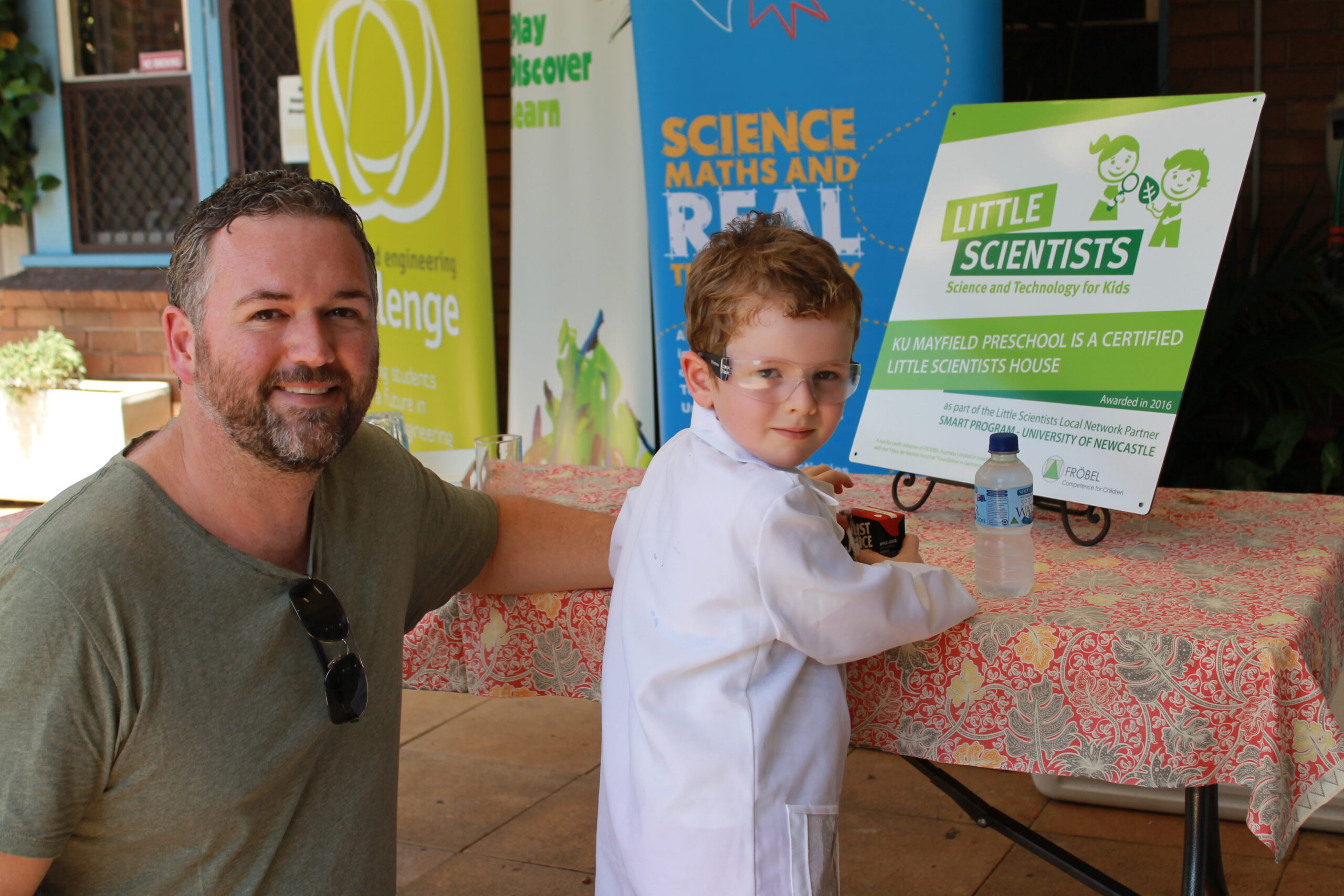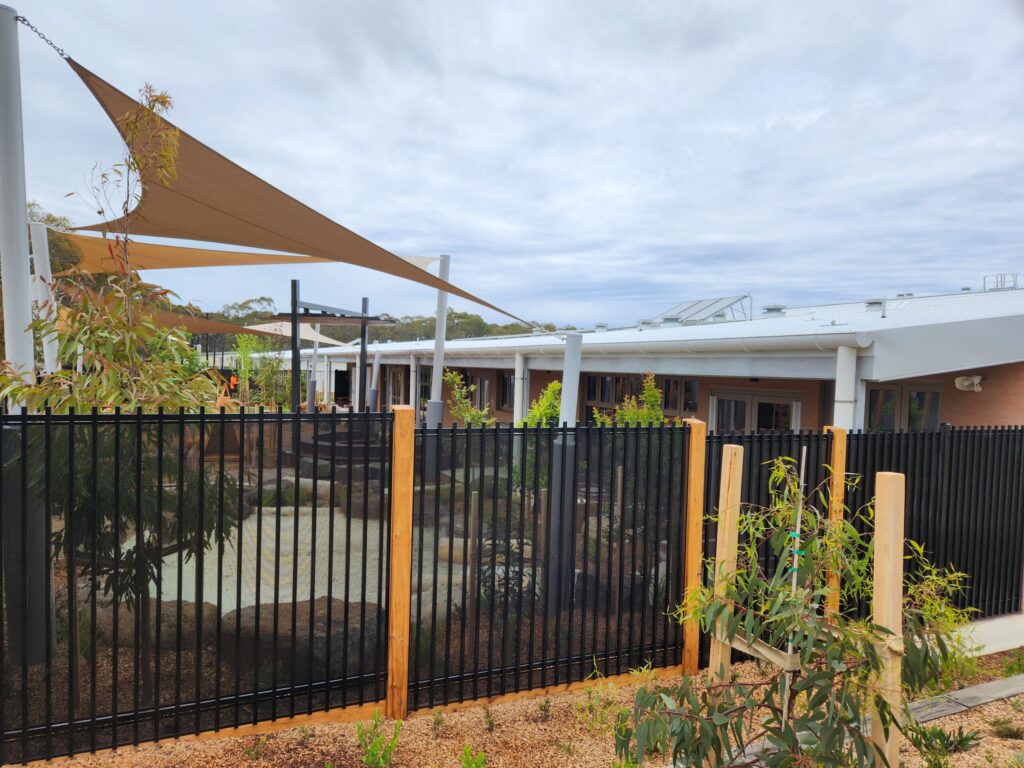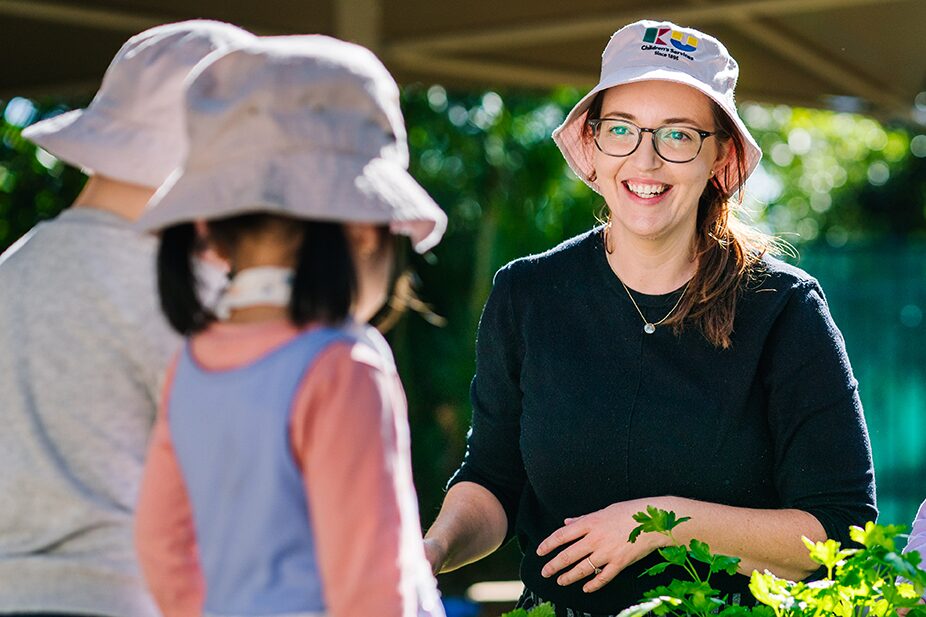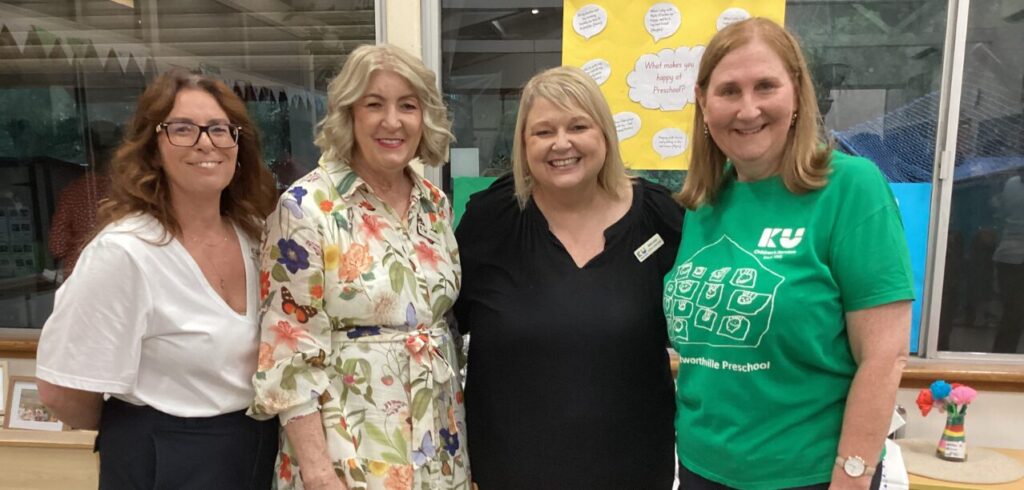KU Mayfield Preschool has been recognised as a certified ‘Little Scientists House’ by Little Scientists Australia. The preschool is the only certified ‘Little Scientists House’ in the Hunter, Central Coast and Northern NSW region, and is one of only eight certified services across Australia.
The certification recognises KU Mayfield’s dedication to early Science, Technology, Engineering and Maths (STEM) education through daily playful scientific exploration.
“I’m so proud of this achievement and the commitment our amazing team of educators have to encouraging STEM learning,” said KU Mayfield Director, Karen Hugo.
The educators at KU Mayfield began working with Little Scientists Australia last year, having attended various professional development workshops, which helped spark their passion for STEM learning.
Inspired by the workshops, the team started introducing more science-based projects into the classroom. Having received an overwhelmingly positive response from children and families, the preschool decided to pursue their passion further by embedding STEM learning within their daily program.
“The training we’ve received at Little Scientists has helped us become more confident in searching for ways to incorporate STEM learning within our program,” said Karen.
“Research shows that encouraging and supporting young children’s natural wonder about the world, and engaging them with age-appropriate STEM learning, leads to more engagement and success in their future learning.”
KU Mayfield’s passion for STEM learning has already paid off, with the preschool winning $500 to put towards the purchase of new science resources for the children, after the preschool came in second place in the Little Scientists ‘engineering.tomorrow.together’ competition, as part of the Hunter Science Festival last year.
“Our journey with Little Scientists has been extremely exciting, thought-provoking and rewarding, and we are looking forward to continuing to promote STEM learning within our centre, to help create the scientists Australia needs now and in the future,” said Karen.




